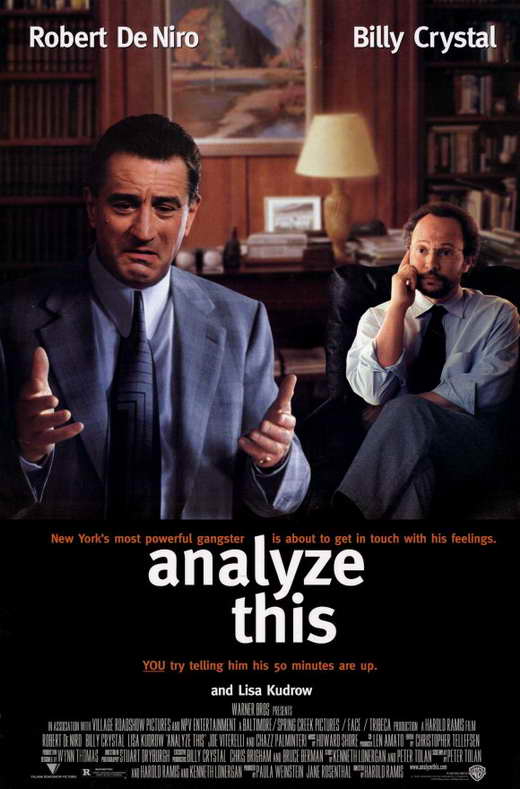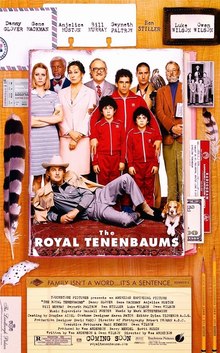
I remember watching Fear and Loathing for the first time years ago. I had NO idea what the hell the movie was about the first time I watched it. I was unfamiliar with the source material, had no clue who Thompson was or how he operated. But the performances of Depp and Del Toro were so good I did something I had never done in my adult life. After the movie was over, I immediately watched it again. Over the years, I slowly got more of a feel of what the movie was about. Part of it was after I got used to the visual overload and the surreal nature of the film, I was able to concentrate more on the story.
This is my first viewing after I finished reading the book. And I think the production team did a fantastic job in the adaptation. The voice over narration and the majority of the dialogue are pulled straight from the book. And while certain events are shifted around or changed slightly, it really captures the narrative and surreal feel of the book perfectly. Although certain themes are are covered better in the book, as well as certain events are left out of the movie, I don't think there was any better way to adapt the novel then this way.
The performances by Johnny Depp and Benicio Del Toro as Raoul Duke and Dr Gonzo respectively are fantastic. Particularly Depp. In addition to the acting, the direction and look of the film is perfect. Only a man like Terry Gilliam could bring to life the surreal nature of this movie with the help of the effects department. A combo of CGI and practical effects created an acid trip look to the film. How close it is to an actual acid trip, I will never know. But the imagery is uncomfortable and terrifying. As it is meant to be. This images were not meant to be warm, fuzzy or fun. Darkly humorous yes, but they are meant to reflect the state of mind of the author. Unbalanced, paranoid, and with a head full of acid. And that is done brilliantly.
Not only has Fear and Loathing become one of my favorite books, it propels a movie that is already one of my favorite movies even higher on my list.









